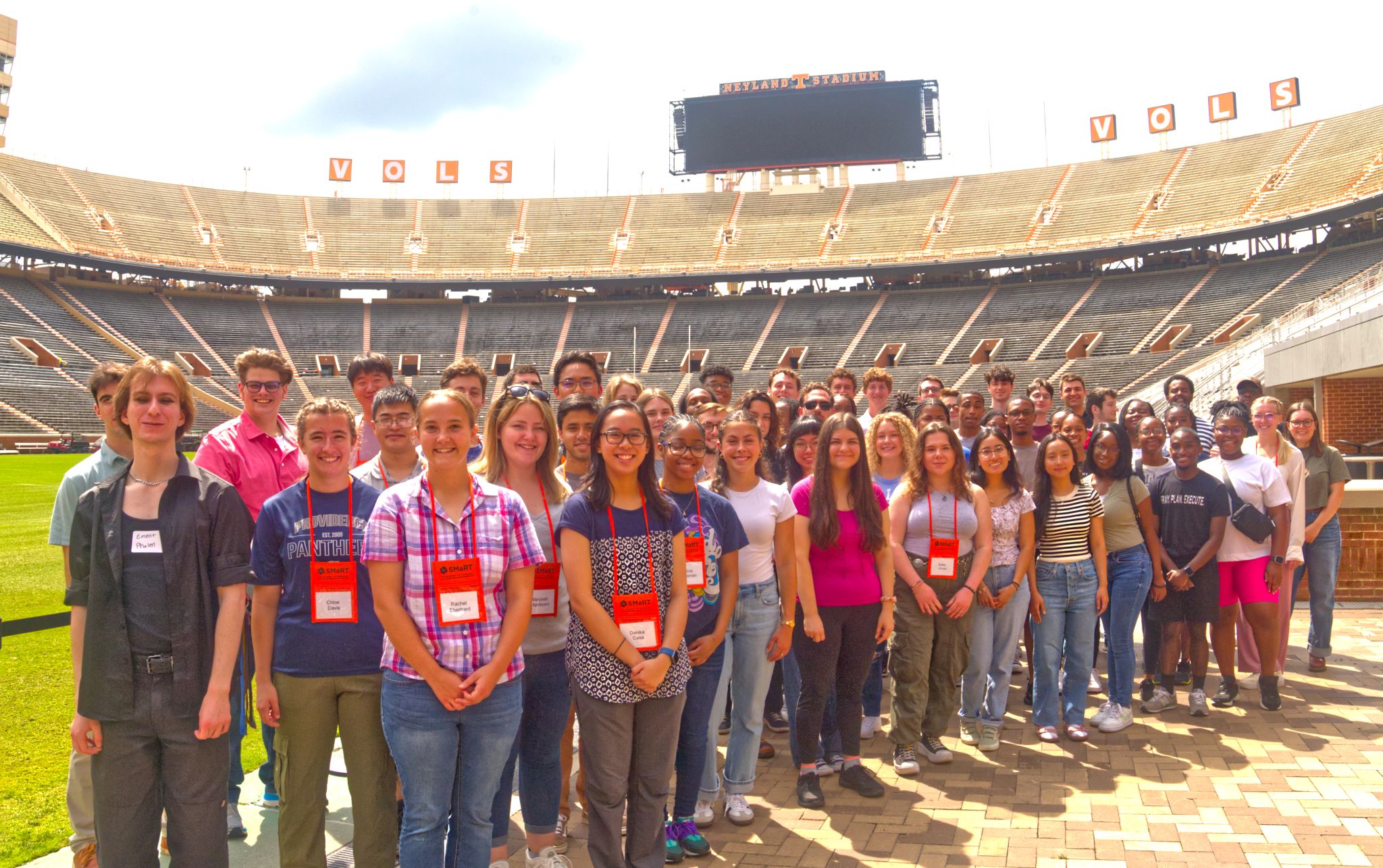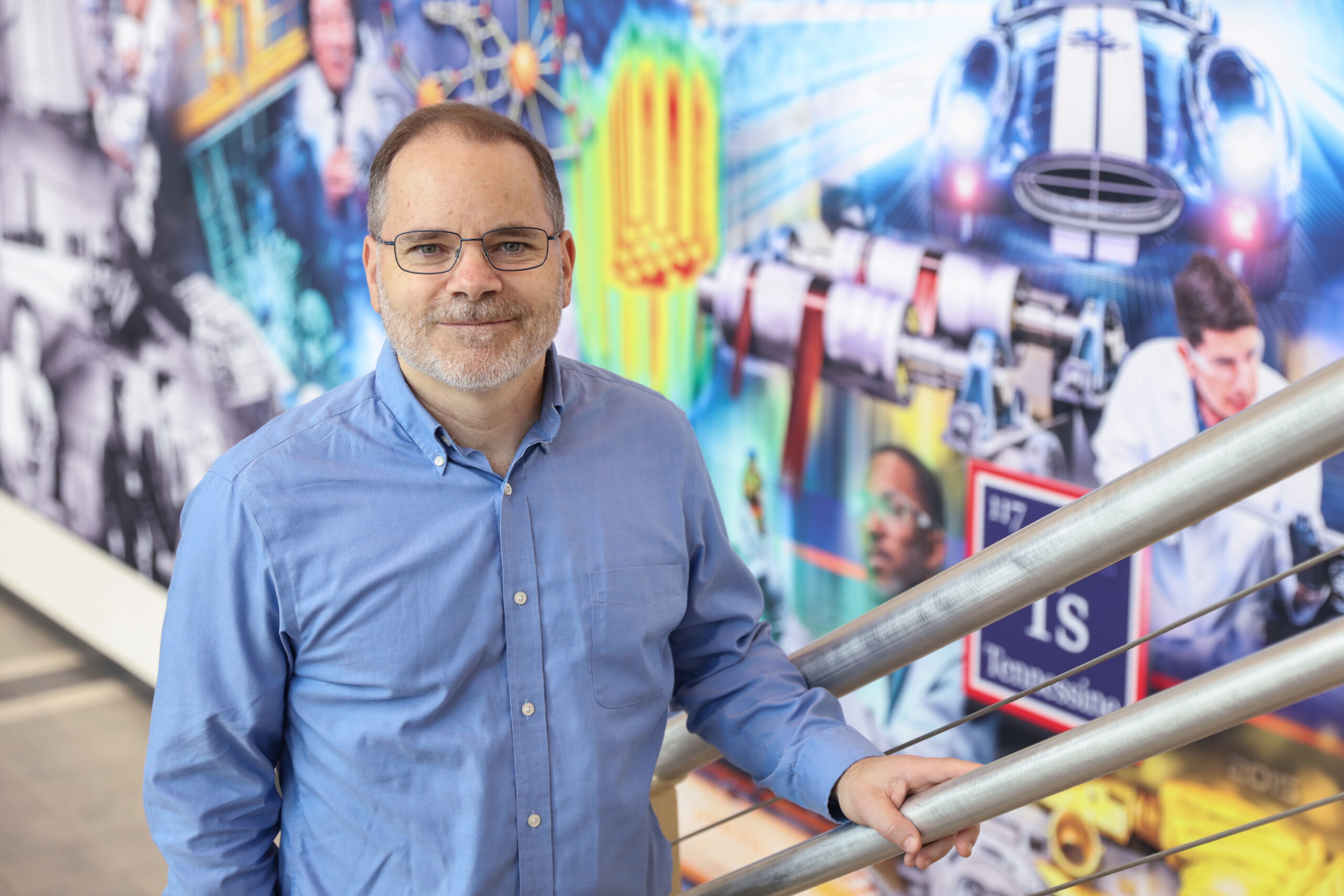Plastic is everywhere―from food and drink containers to kids’ toys to car parts.
“We produce billions of tons of plastic waste every year, and many of these materials end up in landfills and they eventually infiltrate the environment,” said Brantley, an assistant professor of chemistry.
His StART project focuses on developing new techniques for breaking down plastic waste into useful building blocks that can then be used to make things like fuels, lubricants, or even new plastic materials.
“‘Upcycling’ is becoming a very active area of research,” Brantley said. “We are trying to develop technologies that provide a new pathway for taking an unwanted plastic and converting it into something more valuable.”
Brantley says his initial focus―trying to use chemical reactions to change the structures of polymers―shifted based on his team’s research over the past year.
“We actually discovered that we could use light and an organic catalyst to transform plastics, or polymers, into smaller units that can be reconfigured into new materials,” he said.
Brantley said the chemistry works with both natural sunlight and artificial light.
“And it doesn’t require any special precautions to exclude air or water, which makes it a potentially valuable technology for dealing with plastic waste, especially in remote areas.
“In a related development, we found that we could also use electricity (electrochemistry) to achieve very similar outcomes,” he said. This facet of their research has been accepted for publication in the Journal of the American Chemical Society.
They are also exploring funding possibilities from the Department of Energy.
Most polymers are petroleum-based. Additional oil is required for manufacturing processes and the shipping of finished products.
“If we can figure out a way to extend the life of polymers, we will be getting more bang for our buck from the energy perspective,” he said.
Brantley’s collaborators include Brian Long, associate professor of chemistry, and Tomonori Saito, a research scientist in ORNL’s Chemical Sciences Division, who is interested in energy-related applications of polymers.




